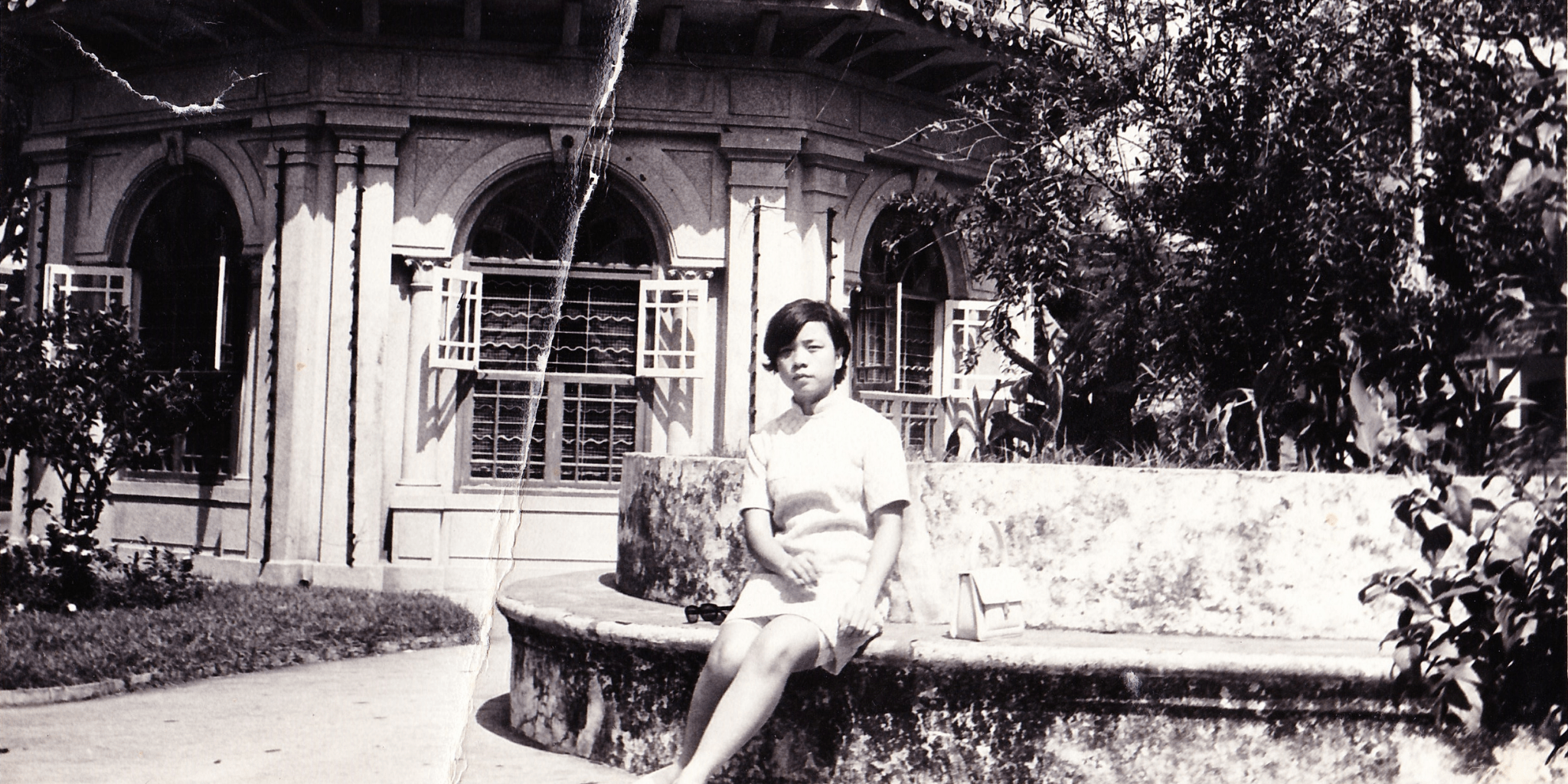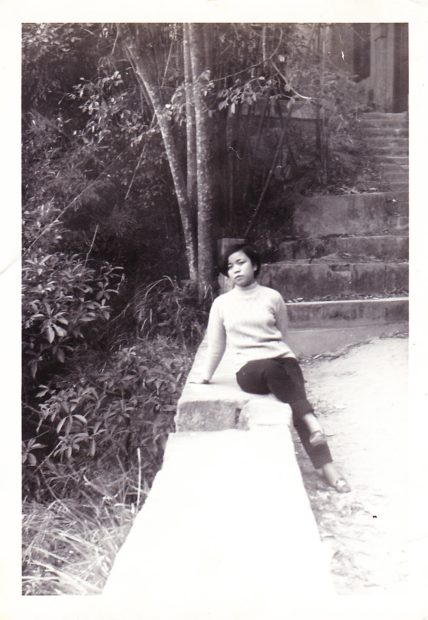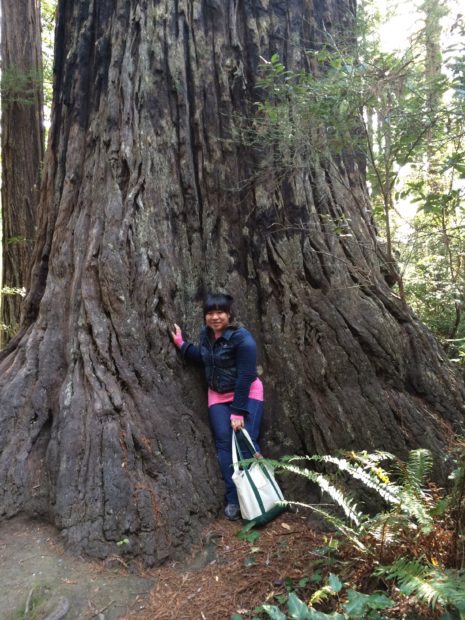We have much more to do and your continued support is needed now more than ever.
Untold Stories of Ancestry: A Personal Reflection
How Heritage Strengthens One Advocate’s Resolve to Fight for the Environment and a Just World

It was her first time traveling to San Francisco. She is 68 years old and worked since she was just a child. As an eldest daughter of 6 siblings, mostly boys, her role was to support her mother, the matriarch of the family, on all the house chores you can name. As soon as she was about twelve years old, she looked for employment, sewing clothes in factories to help out at home. She did that until she was 22 years old when she got married and had the opportunity to emigrate from Hong Kong to United States, eventually to New York City, a city she now calls home.
This is the story of my mother and her long journey to her past, and the beginning of my story seeking to learn more.

In 2018, I had the opportunity to take my mom to California. Sightseeing started in our cab ride to the hotel, when she compared the buildings and architecture to our city. As we drove passed what looked like train tracks, she proceeded to tell me that my great grandfather was here. Shocked, I pressed further and she explained that he was there for work, that he helped build the Transcontinental Railroad!
Needless to say, I was surprised to learn that I am a descendant of a Chinese railroad worker but also why my mom never shared this story… maybe because I just never asked. In the Chinese culture though, often we don’t look or dwell in the past. Especially if the experiences were difficult, sad or painful. You look ahead, you work hard, you do better.
My great grandfather was from the villages of Taishan, in the southwestern part Guangdong Province in China. He was paid $200 to be a laborer; he gave it to my great grandmother while she was pregnant with my grandfather and left to America. Through the years, he would send money home. One day the money stopped. He never returned home, he never got to meet his son, my grandfather.
I wonder what is was like for him? Working in the wilderness, was he afraid? Was he excited? Did he miss home? I do know; however, he was not alone. It is not in history books, but about 90 percent of the railroad workforce were Chinese because they were willing to do the backbreaking heavy labor, despite the hazardous working conditions and low wages. They saw it as a gateway to the U.S., an opportunity for their families and for future generations. But they did not know the impact the the railroad would have on the country. The ability to connect both coasts opened markets for goods that did not exist before. It had vast economic, cultural and political significance to the development of the United States. As an exhibit at the Chinese American Museum of Chicago states, “The Chinese Helped Build the Railroad – The Railroad Helped Build America.” Because this year is the 150th anniversary of the completion of the U.S. Transcontinental Railroad, there are many articles and information, especially that of the Chinese reclaiming their place in history.
The Role of Heritage in Conservation

When I think about my personal conservation ethic, I feel that it is tethered to my upbringing, to my heritage in many ways. As immigrants, my parents struggled with racial inequities when they came to this country, and growing up without means meant learning to use what you have and not be wasteful, to take care of things because it is scare, to respect and honor what is given to us and to always be grateful. When we think about our natural world, this is the same behavior that is needed to be stewards of our land, taking care of forests, fisheries, habitats, and biological diversity.
There are no archives, no written documents, no books of my family’s Chinese American past, and the only way we learn about it is through storytelling from generation to generation. In addition to my continued education through my ancestors’ lived experiences, I feel it is my obligation to be a part of creating a more just and equitable world, in any capacity that I can.
Since our trip to California, I have continued to ask questions. My mom would tell stories of when she was young. How every weekend, as a teenager, she would head to local gardens and parks and her love of nature. She talked about how when she was dating my father, he would take her canoeing every chance they get. I wonder, had her circumstances be different, what would her life be like? I bet she would have been an outdoor enthusiast for sure!
This month, for Asian Pacific American Heritage Month, I encourage us to seek out those untold stories and learn about some inspiring trailblazers. Like Vien Troung, celebrated founder of Green For All, an environmental justice group; or Representative Patsy Mink who served on the House Natural Resources Committee.
Like what you read? Please consider making a donation to support our critical conservation work:
Donate!





















